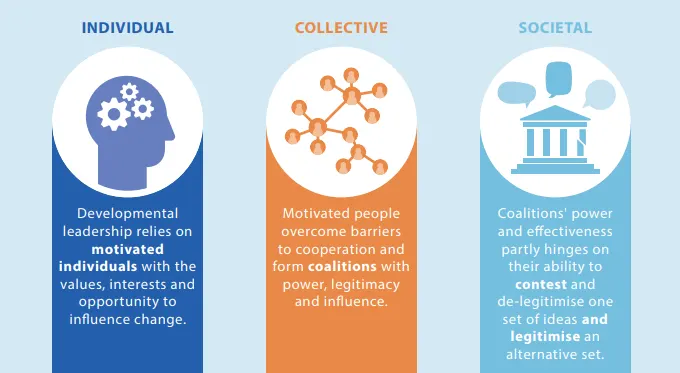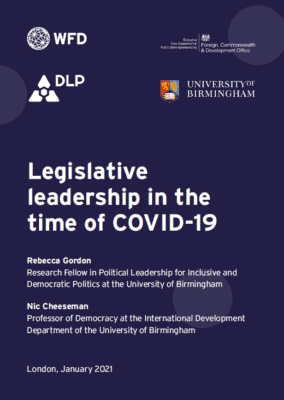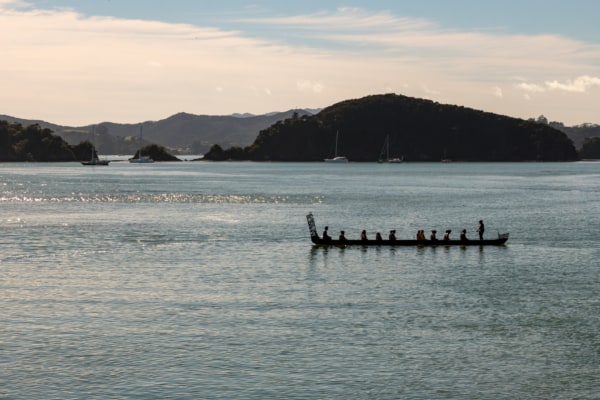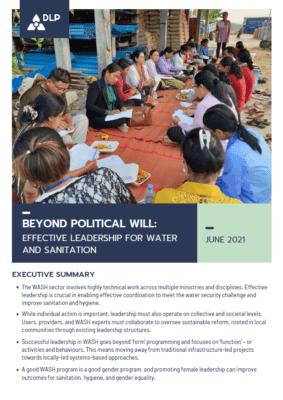DLP produces research on the vital role of leadership in making change happen. We examine leadership as a strategic, collective and political process.
Over the past decade, DLP has produced research on leadership in a wide range of sectors, from education, to tax reform, and climate change. Working in 44 countries around the world, we have produced over 120 research publications, including working papers, academic articles, and book chapters.
Our findings have helped shape international thinking on the politics of development and influenced aid programming in DFAT and beyond.
Developmental leadership
Developmental leadership is the strategic, collective and political process of making change happen. It is the mobilisation of people and resources in pursuit of shared goals. It often involves the formation of coalitions of leaders, elites and organisations with diverse interests. Coalitions’ power and effectiveness hinges on their ability to contest and de-legitimise the ideas that underpin ‘sticky’ institutions, and legitimise an alternative set. If they can do that, they can reformulate institutions in ways that are locally legitimate, and make change more sustainable.
Our key findings to date are summarised in ‘Inside the Black Box of Political Will: Ten Years of findings from the Developmental Leadership Program’. In it, we argue that leadership relies on three interconnected processes:
- First, on motivated and strategic individuals with the incentives, values, interests and opportunity to push for change.
- Second, on these motivated individuals overcoming barriers to cooperation and forming coalitions with sufficient power, legitimacy and influence.
- Third, on coalitions engaging in a battle of ideas to help reshape society’s rules. Coalitions’ power and effectiveness partly hinges on their ability to contest one set of ideas and legitimise an alternative set.

Research questions
Our findings form a working theory of change on developmental leadership, and a set of testable assumptions about how leaders and leadership are perceived, the spaces and pathways from which they emerge, how they work collectively to create change, and how these processes can be supported.
The next phase of research will examine these assumptions. It will focus on four research questions:
- RQ1: How is leadership understood in different contexts?
- RQ2: Where do leaders come from?
- RQ3: How do leaders collectively influence development?
- RQ4: How can developmental leadership be supported?
Collaboration approach
DLP carries out its research through international collaborations and partnerships. We are committed to working with local researchers to develop locally-owned research that can have a meaningful impact on policy and practice.









